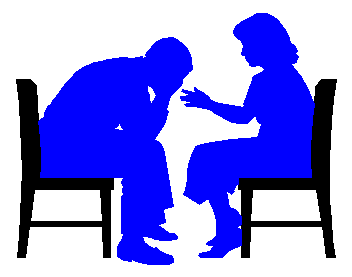Self Harm
January 31, 2023
Imagine arriving at school depressed when you sit in class. Everyone always asks, “what’s wrong,” or “Are you okay?” This becomes your breaking point. Instead of saying it or telling someone your feelings, you write them down on a tiny piece of paper.
One minute, you are writing about Jack and Jill going up hills and the next minute you are crying hysterically with your fingers digging into the palms of your hands. You press down to the point that you see blood. You end up in the nurse’s office with your mother in tears.
The next stop is the hospital where they hook you up to machines and ask why you said you wanted to commit suicide. You are stuck in a room with no windows. The room is white and you are crying more. It’s an endless sea of tears.
You stay there for three days before you are allowed to go home.
Coming back to school is a nightmare because everyone knows you as the girl who wanted to commit suicide. It gets worse because you are finding new ways to cope with the pain. All of this because you said one statement you didn’t know the true meaning of.
According to mentalhealth.gov, “Self-harm is hurting your own body on purpose.” That statement, many people disagree with. Some teenagers self-harm due to unwanted stress, depression, family issues, anxiety or borderline personality disorder (BPD). It’s a coping mechanism. One in five teenagers in the United States practice self-harm and most of that percentage makes up young women from ages 11-18. Cutting, burning, starving yourself, exercising too much, overeating, and digging your nails into your skin are all different forms of self-harm.
Self-harm is like an addiction and once you start it’s difficult to stop. Getting therapy for it sometimes helps, but like with every addiction you may relapse.
Relapsing is when you fall back into the same addictive habit. However, Relapsing is a part of recovery.
According to RAINN.org, When, you have thoughts of hurting yourself it is recommended that you take a warm shower, go on long walks and read so that you get your endorphins working to make you happier and more positive.
Many adolescents have demons they face every day. There are many different ways to cope with the pain, but self-harm shouldn’t be an option anymore.
If you are having thoughts of hurting yourself, talk to a therapist, a trusted adult, or even your family. Call a self-harm or suicide helpline. Please know that you’re not in this alone. There are others out there struggling too.









